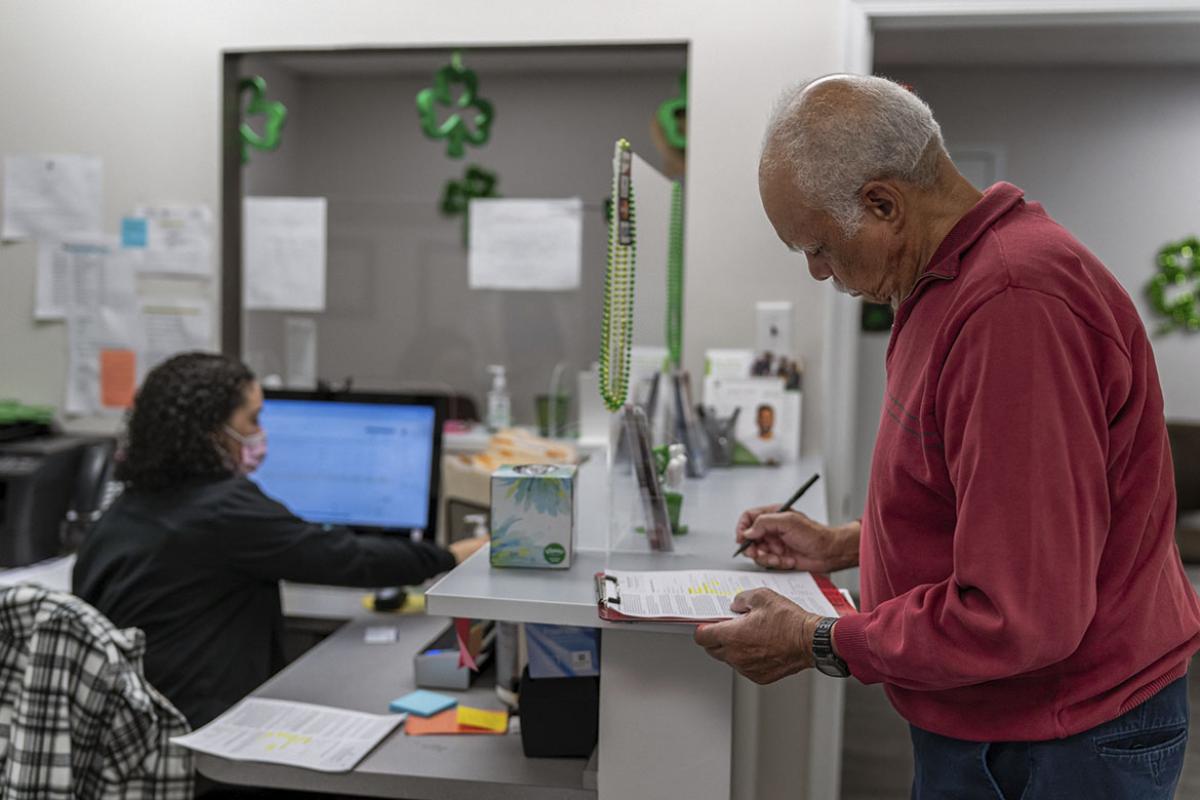Interviewing for a job as a physician can be demanding, but with a little preparation and an eye on some professional best practices, it doesn’t have to be nerve-racking. Whether you are a new physician or one with years of experience, draw on these tips to make your next interview a great one.
First, know what you want
Just as you had to ask yourself what you really wanted and needed out of your life and your career when you were interviewing with residency programs, now is a good time to take stock.
This includes knowing your options, taking in the pros and cons of the four types of practice settings and even determining how a practice’s payment type can influence your career goals.
Also know the employment landscape
The JAMA CareerCenter® has physician job postings for virtually every physician specialty, practice setting and region in the U.S. Other free resources include Salary.com and the Medscape salary explorer.
Research the employer
Check out news media coverage of the organization. Look it up on the Centers for Medicare & Medicaid Services’ hospital-comparison website. Read about the people with whom you might be working.
Also, go on the AMA Health Workforce Mapper and get an idea of the health status and characteristics of patients in that particular geographic market. This will tell interviewers that you are serious about the job and you will make a good business partner.
Organize your thoughts
Bring a list of highly informed and specific written questions about the offer, the employer, the community and the local health care market. This will convey professionalism and help you to make an informed decision about whether to accept an offer.
Consider your family
If meetings with a prospective employer advance beyond phone or videoconferencing interviews, the mutual interest is strong. On-site interviews often span multiple days and involve exploring the community. If you have a significant other, bring them along, as they will play an important role in your final decision.
Pack extra copies of your CV
Bring a bunch of copies of your updated curriculum vitae—printed on resume paper—to the interviews. That way, you will be prepared to share and talk about your work if anyone unexpectedly drops in.
Be a good listener
Listen closely to the employer so you fully understand what will be expected of you. This will help you avoid misunderstandings about the employment requirements and will convey your interest in the position.
Tell the truth
If you are not truthful during the interview and negotiation process, discrepancies may come out during the vetting process, which will most likely end any chance of working for that employer. Even if the discrepancy is not discovered during the interview or negotiation process, it may come to light after you start working. If this happens, the employer may not renew your employment contract or may even terminate your employment, depending on the issue involved.
Also, do not say that another employer has offered you a position, unless it is true. If the employer discovers you lied, it will not only give them a bad impression about you, but also may prompt them to change their mind about offering you the job.
Approach it like it’s medicine
Interviewing doesn’t have to be unfamiliar territory. Consider how it compares with obtaining a medical history and take a similar approach to learning what you need to know about the potential employer. In other words, be thorough. The prospective employer will take this as an example of your work ethic.
Don’t worry if you forget something
First and second interviews are not negotiations. You’re not signing a contract. If there is something that is really important to you and you forget to ask about it, you can easily revisit it later on. You can negotiate anything. In fact, there are some things you can’t negotiate up front—even if you want to. So don’t stress. Just keep a list.
Good luck with your job interviews, and be ready for the next step with this great advice from the AMA on understanding physician employment contracts.
This article was written in collaboration with AMA Senior Attorney Wes Cleveland.



